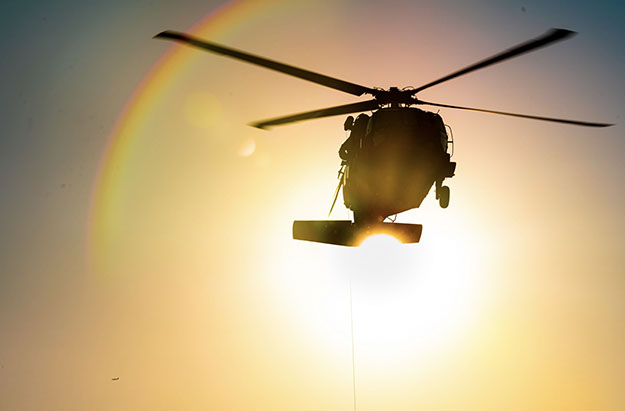The Pentagon recently announced that a new cash benefit will be made available to even more military families this summer. The benefit, which was previously available only to certain groups, will now be expanded to include a broader range of military families.
The cash benefit, known as the Family Basic Needs Allowance, was first introduced in 2020 to help military families facing financial hardship due to the COVID-19 pandemic. The benefit provided up to $1,500 per month to eligible families to help cover basic needs such as food, housing, and medical expenses.
Initially, the benefit was only available to families of service members serving in certain locations and those with certain ranks. However, the Pentagon has now decided to expand the benefit to include all active-duty service members with at least one dependent.
The plan will include an income eligibility cap at 150% of federal poverty guidelines, the Secretary of Defense Lloyd Austin told the Senate Armed Services Committee, March 28.
According to the Defense Secretary, the expanded benefit will help thousands of military families across the country, especially those who have been hit hard by the economic impact of the pandemic. The benefit will be available starting this summer, and families can apply through their service branch's Family Support Center.
The Pentagon's decision to expand the benefit has been welcomed by military families and advocacy groups, who have long called for more support for military families facing financial hardship. The benefit is just one of several initiatives aimed at supporting military families and improving their quality of life.
In a September memo, Austin laid out specific actions to improve and enhance support to military members and their families in several important areas. Pentagon Press Secretary Air Force Brig. Gen. Pat Ryder detailed some of DOD's progress during a news conference last fall.
"The secretary has been crystal clear that taking care of our service members and their families is a sacred obligation and a national security imperative," Ryder said.





Read Comments